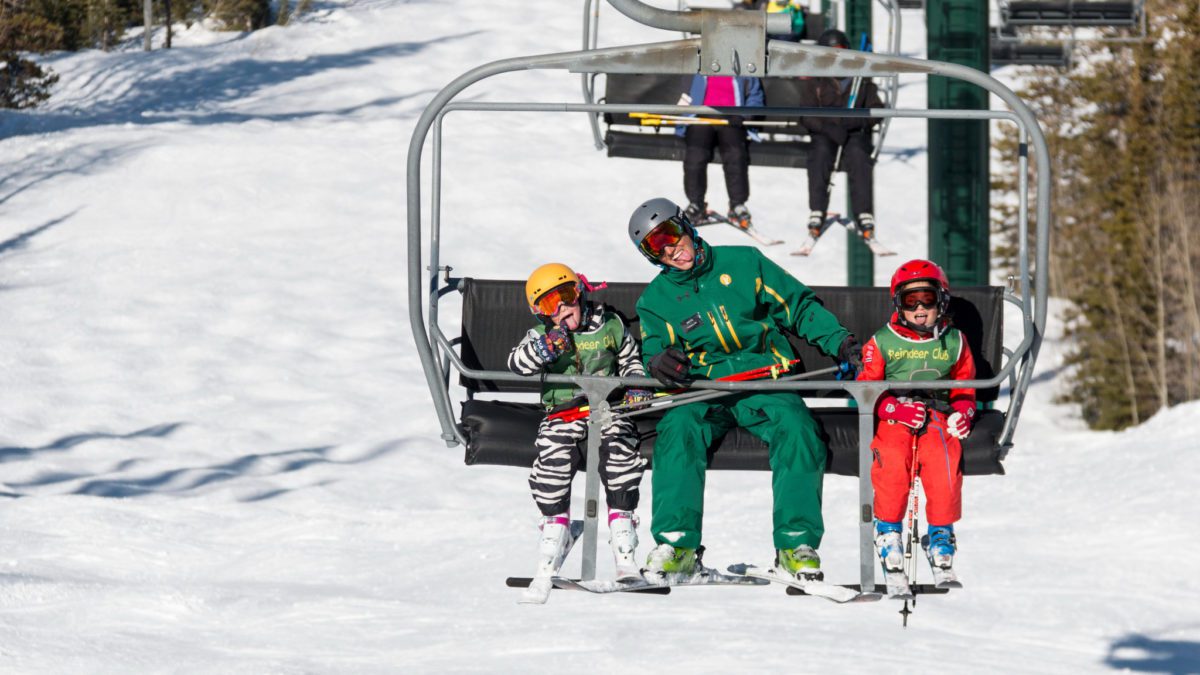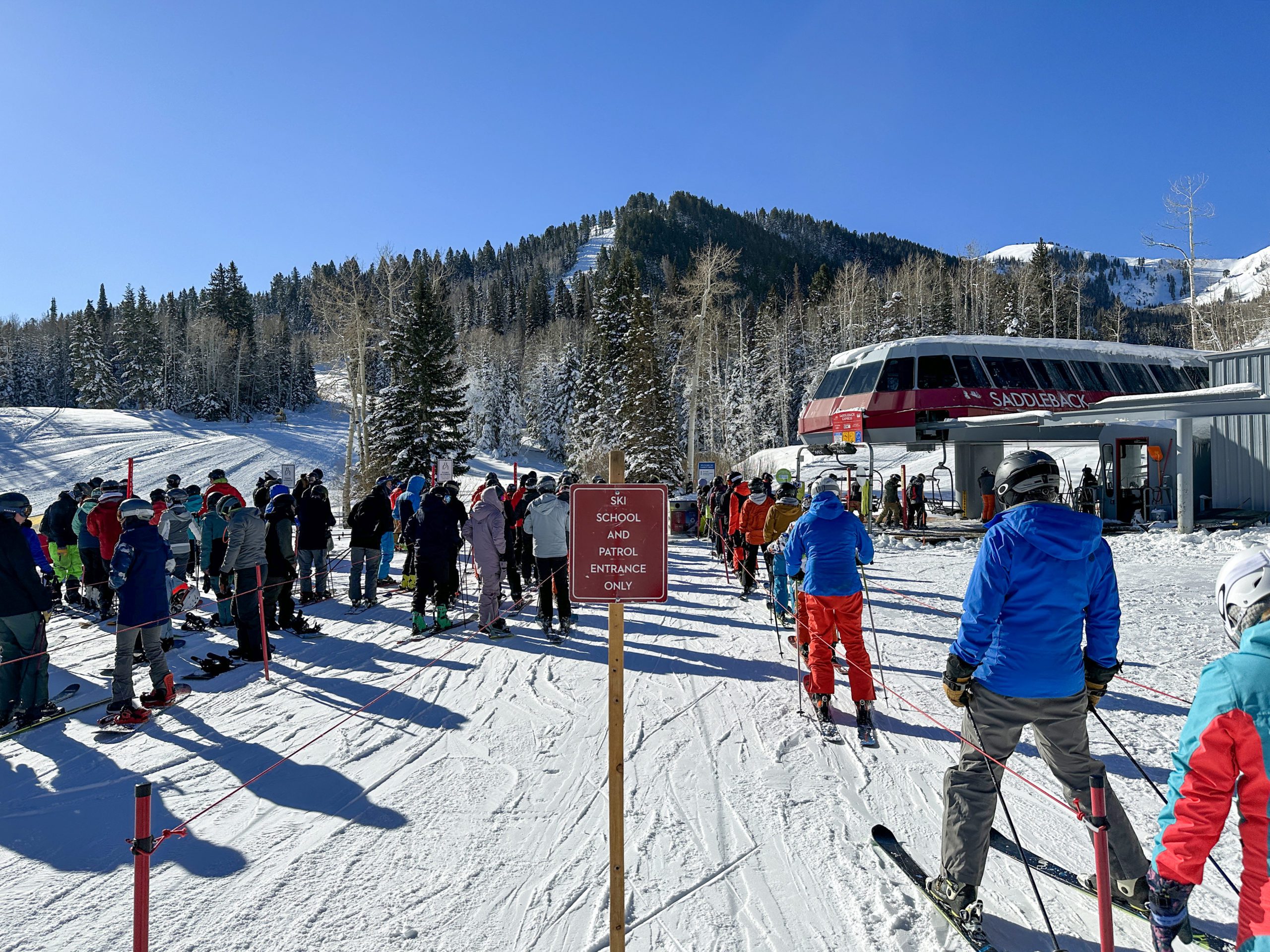Business
Colorado finds ski resorts liable for negligence, Utah protected for now

An instructor on a ski lift with two kids. Photo: Deer Valley Resort
Landmark decision could change the ski industry in terms of customers' ability to hold ski areas responsible for negligence
DENVER, Colo. — SKI Magazine reported Tuesday that the Colorado Supreme Court ruled that ski resort liability waivers cannot shield operators from all negligence claims. The 5-2 decision by the seven justices asserts that these waivers, commonly signed by skiers when purchasing lift tickets, do not provide blanket immunity for resorts against lawsuits.
This is the first time the state’s highest court has ruled against ski resorts’ comprehensive use of liability waivers. The decision stemmed from a 2022 incident at Crested Butte, in which a then-minor fell from a chairlift, resulting in severe injuries and paralysis. The family claimed the resort was negligent in not having a lift operator present to prevent the accident. The Supreme Court’s ruling allows the family’s lawsuit to proceed at the district court level. The court determined that while general negligence claims related to inherent skiing risks remain protected under waivers, claims of “negligence per se”—where statutory and regulatory duties are violated—are not covered.
This decision could have far-reaching implications, affecting not only ski resorts but other adventure sports industries. The ruling is particularly critical for how resorts manage insurance and child safety on the slopes. According to SKI Magazine, the trade group Colorado Ski Country USA, which represents 21 ski areas, has expressed concern that weakening liability waivers could impact the affordability and availability of services for children.
What does this mean for Utah?
In Utah, state legislation favors ski resorts in being protected from litigation from individuals who get injured—or worse—at Utah resorts. The law states: “As a matter of public policy, an individual engaged in the sport of skiing may not recover from a ski operator for injuries resulting from the risks that are inherent in the sport of skiing.”
Evan Banker, a personal injury attorney at Denver firm Chalat Law, said in the short term, he did not think the Colorado ruling would spur change in other states.
“But Colorado has a robust ski industry and can be a model for other states when considering policy changes. My hope and belief is that the ruling will motivate ski areas to operate with greater attention to safety, and the result is fewer preventable injuries,” Banker told TownLift.
The Utah Ski statute, unlike Colorado’s Ski Safety Act, does not establish standards of care relating to skier rights of way. However, municipal codes, county ordinances, and industry standards such as the NSAA Skier Responsibility Code may be the basis for establishing responsibility.
As an example, Park City Municipal Code (Code § 8-2-8(B)) proscribes skiing or snowboarding “in a reckless or negligent manner so as to endanger the life, limb, or property of any person” and places the primary duty on the uphill skier or snowboarder “to avoid collision with any person or object below him.”
Banker stated, “For those few injuries that are a result of a ski area operator’s failure to comply with laws and regulations, the ski areas will need to take responsibility, but I do not foresee a flood of lawsuits or a significant increase in operating costs will come of this. Should that prove to be the balance that results, I would hope that other states follow Colorado’s lead and adopt similar policies that protect both industry and consumers.”
Park City Mountain, owned by Vail Resorts, has experienced numerous chairlift-related incidents over the past few years, including one in 2020 in which a 10-year-old girl fell from the Iron Mountain lift. Vail has since sought dismissal with prejudice from this suit. The trial is tentatively scheduled for May 2025.
When asked for comment about how the Colorado Supreme Court ruling might affect operations in Utah, a spokesperson for Park City Mountain declined to comment due to ongoing litigation.
Danielle Miles contributed to this article.



















